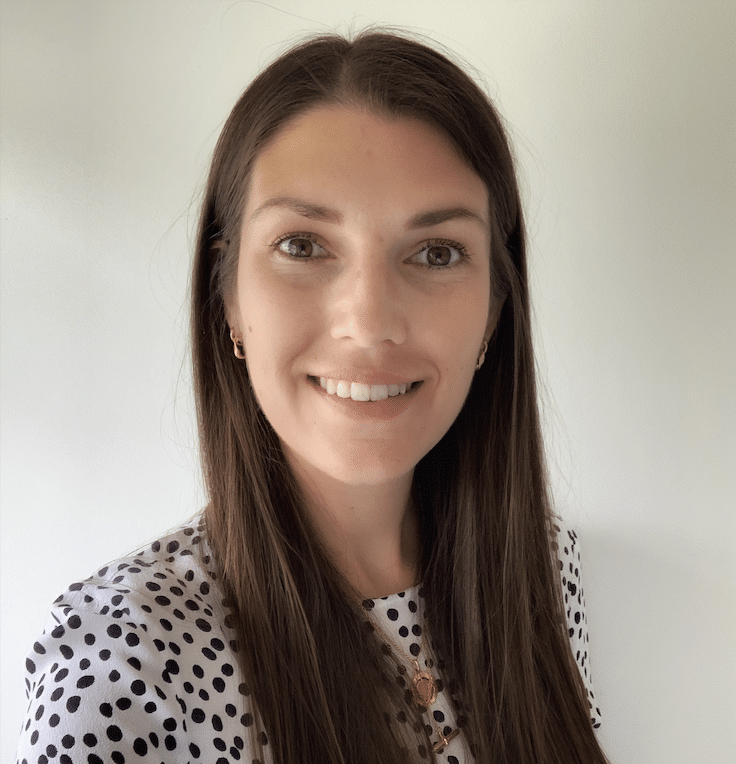Sasha Wakefield, PFS Paraplanner Panel member, talks about the advancement of paraplanning within the industry and taking on her new role as paraplanning manager at the Paraplanning Hub
“Oh, you are just a paraplanner?!” (**sigh**)
This was one of the conversations I remember from a study day in 2019 for one of my CII Chartered exams. For some reason this comment really stuck with me, I was clearly oblivious in noticing the financial advice hierarchy that seemed to be in place having been paraplanning for under 12 months.
It got me thinking why shouldn’t I strive to enhance my technical ability? What’s wrong with wanting to be a career paraplanner? If I am deemed a ‘Chartered Financial Planner’ from my examinations, but I am just a paraplanner then does it mean I am less deserving of the title? To be honest it struck a chord with me and made me feel more passionate about paraplanning than ever, it certainly gave me a kick to attain Fellow of the PFS from zero exams to Fellow in 2.5 years and grab as much exposure as I could in the workplace.
For me it’s clear that the process of financial advice is very different to how it was 10 years ago, even five years ago. With the impact of ever-changing regulations and tighter compliance, it’s impossible for the adviser to carry the entire load. Financial advice is much more than investment returns now, it’s an ongoing process of guiding a client through various life stages. Understanding the client’s outlook on life and ever-changing objectives is more and more important.
I may have been watching way too much Grey’s Anatomy during lockdown, but I feel that the financial advice process is similar to the human brain (stay with me here guys!):
Advisers are the right side of the brain that focuses on the creative, emotional intelligence and communication aspect of the advice process. Advisers need the time to delve into the client’s needs and objectives through good quality conversations and have the holistic thinking to develop a client’s recommendation.
Us paraplanners are the left side of the brain that focuses on the analytical and compliance aspect of the advice process. Like a sponge we take in all the hard and soft facts, hold onto those small details, spend time delving into the technical characteristics of the recommendations and then put them together to understand the whole picture. Our analytical outlook can help the adviser to assess the client’s situation from a different perspective and we can even provide little nuggets of technical knowledge along the way.
Given what appears to be the natural skill set of a paraplanner and an adviser, it makes perfect sense to me to work both sides of the brain cohesively to give the client the best advice outcome.
Evolution of the paraplanner
Usually us paraplanners are known for being relatively reserved individuals and whilst I have never known a paraplanner not to jump through hoops to help with a technical query, paraplanners are not known for shouting out about themselves. Despite our somewhat usual reservations, over the last year I have noticed more paraplanners are more willing to celebrate our profession outside of our close-knit community – myself included by taking part in a webinar for the Paraplanner Club and a Podcast for the Financial Planner Life Podcast.
Although my paraplanning career spans a mere three years, I have already seen a vast increase in the view that paraplanning is a career/profession of it’s own, as well as the development of more roles within paraplanning such as paraplanning managers, hybrid adviser/paraplanners and outsourced paraplanners.
It’s great to start seeing the advancement of the profession and believe these additional roles, alongside traditional in-house paraplanning, will encourage more individuals to come into paraplanning, as it will give those a further avenue to develop their skill set whilst still being able to keep their foot in the paraplanning world.
The great thing is at whatever stage of your paraplanning career there is so much support available, including the PFS Panel (of which I am a panel member), the Paraplanner Club (of which I have a mentor as external support for my new leadership role), NextGen Planners and the Paraplanners Assembly.
My new role
I had been following Tony Slimmings at the Paraplanning Hub for a while on social media and immediately noticed his passion for celebrating all things paraplanning. It was after an initial conversation with Tony that I felt that the culture at the Hub would be a great fit for me. From the firm offering flexibility in terms of both remote working and hours, it also has a desire to support and encourage individuals who want to be career paraplanners.
Having only been in my new role a few weeks, I am excited to continue paraplanning but also having the opportunity to lead and mentor other talented paraplanners. I am somewhat a creature of technical comfort (love a tax calculation me!), but I like to be challenged and I feel that my new role will provide me with both.
Having limited leadership experience, I knew before I started that being a paraplanning manager isn’t the same as a typical manager in other roles. As a paraplanning manager I need to put my money where my mouth is, technically speaking, by knowing how to do the paraplanning role itself as well as passing on my knowledge. I appreciate that to succeed as a team I need to accept that I won’t know every answer, which works perfectly as I want my team to have the space and confidence to share their knowledge between us all.
I hope to add value to each of my team members, whether it be by helping them develop their technical ability or mentoring them through their exams and it’s already a given that they will help me grow to be a better paraplanner and leader. I am excited to get stuck in over the coming year and see how my team and the Hub grow.






























